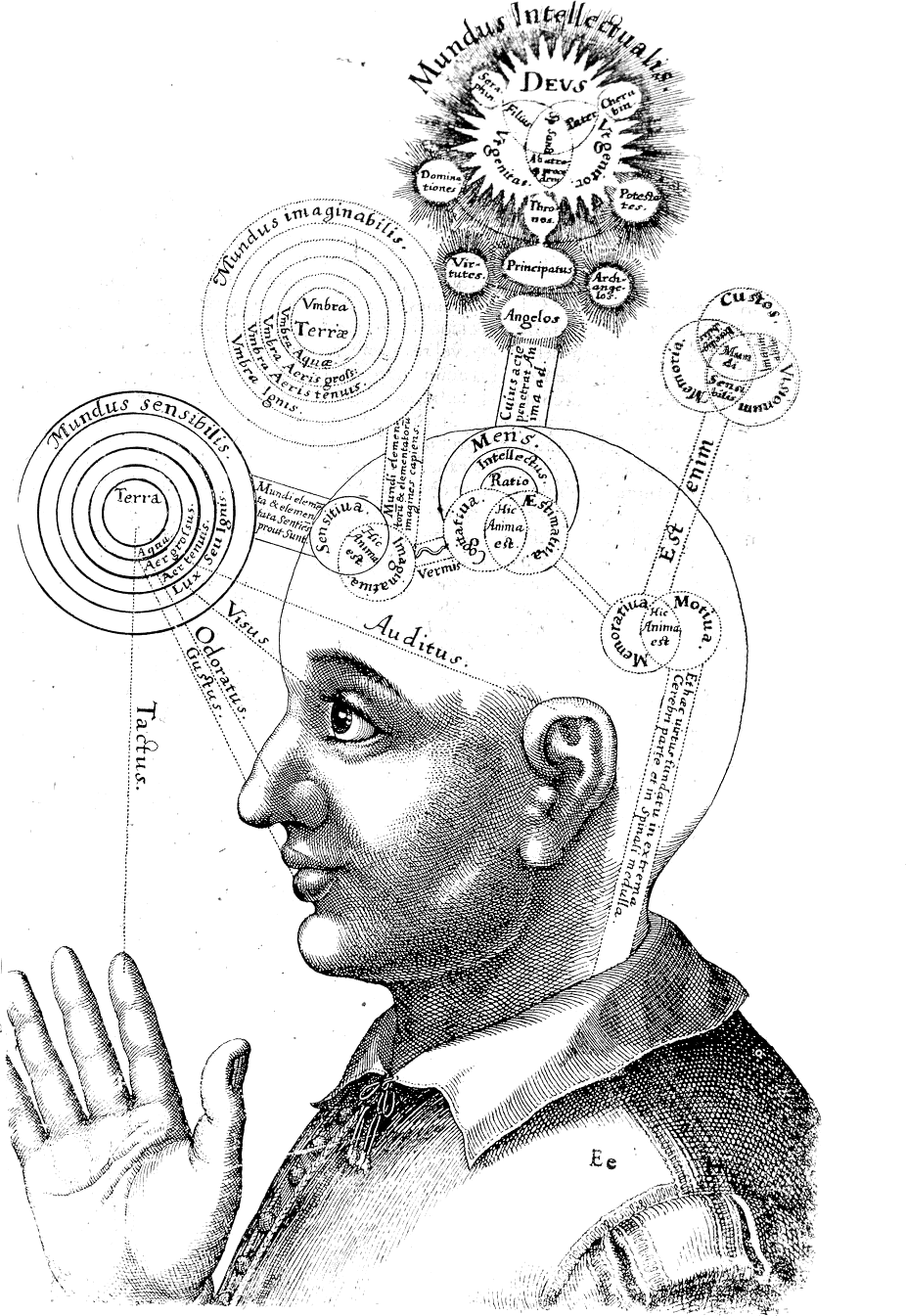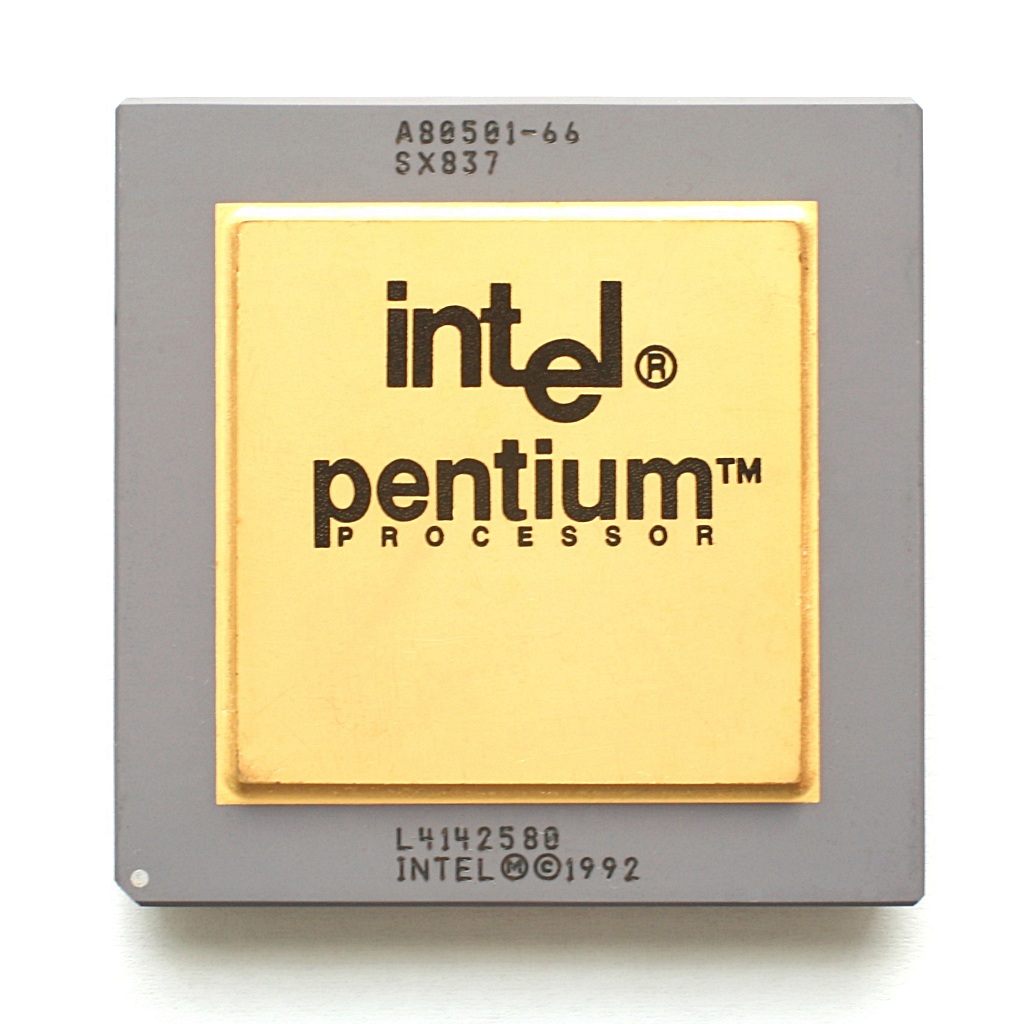Introducing Modest Nonconceptualism
First off, I want to thank John Schwenkler for inviting me to contribute a few posts on my new book, Modest Nonconceptualism: Epistemology, Phenomenology, Content, this week. As I’m sure readers of the Brains blog are well aware, there is an intricate debate over whether perceptual experience is conceptual or …







